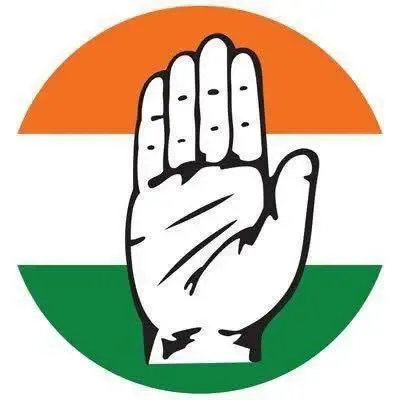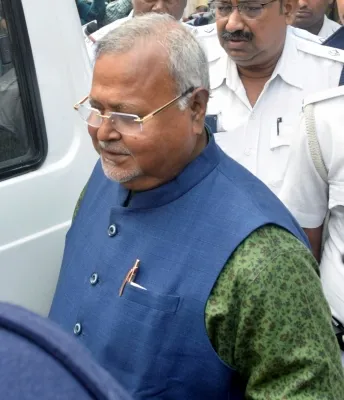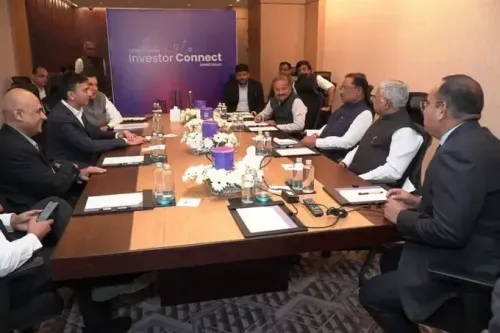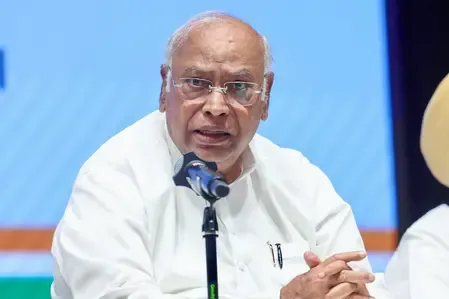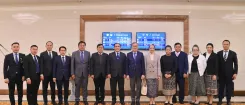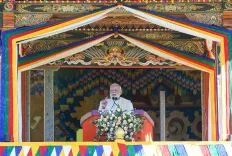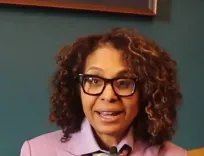Why Did the Supreme Court Deny Shabir Shah’s Request for Past Detention Orders?
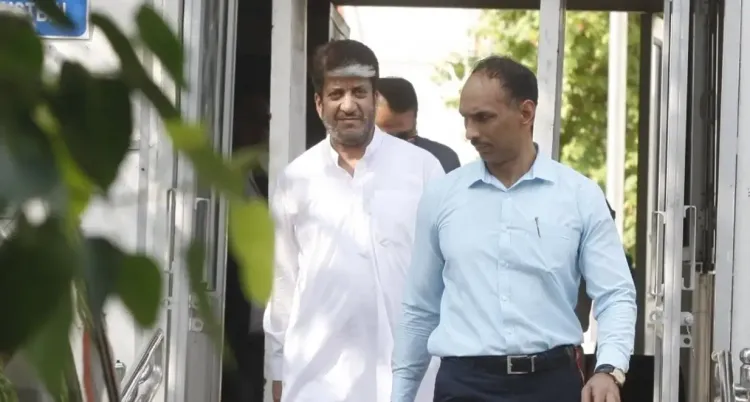
Synopsis
Key Takeaways
- The Supreme Court rejected Shabir Shah's request for past detention orders.
- Shah is advised to approach the J&K government for his documentation.
- The NIA claims not to possess orders from decades ago.
- The case highlights ongoing legal and political complexities in Kashmir.
- Shah’s detention history remains a contentious issue in court proceedings.
Jammu, Nov 10 (NationPress) The Supreme Court on Monday rejected the plea of Kashmiri separatist Shabir Ahmed Shah to issue directives for obtaining his past detention orders, stating that he should directly approach the J&K government for such documents.
A bench comprising Justices Vikram Nath and Sandeep Mehta dismissed the appeal, which was presented by Senior Advocate Colin Gonsalves on Shah's behalf.
Solicitor General Tushar Mehta and ASG KM Nataraj represented the NIA during the proceedings, which involved Shah's bail plea concerning a terror funding case.
The session was postponed following the Solicitor General's request for additional time to address new information presented in Shah's rejoinder that had not been previously discussed in the High Court.
During the hearing, Gonsalves argued that neither Shah nor his family had received copies of the detention orders issued against him, nor any related court orders.
He requested the release of such orders dating back to 1970, amounting to 69 in total, stating, "I would like those orders to be provided to me."
SG Mehta opposed this request, explaining that various governments had detained Shah due to his connections with Pakistan and similar issues over different periods, and that the NIA did not possess orders from "55 years ago".
As the discussion progressed, Justice Nath inquired, "Have you ever requested them to supply those orders, or are you asking us for the first time?" Gonsalves acknowledged that a similar appeal was made previously before the High Court.
Justice Mehta replied, "You should have asked the government directly. Why bring this up in bail proceedings?" Gonsalves then adjusted his request, stating that he was seeking orders from the last decade instead.
He further argued that these orders were vital for context, given Shah's detention span of 39 years, while the NIA previously claimed it was only 81 days.
"Whatever you have, provide it to me," Gonsalves insisted. The Solicitor General responded, "I am the NIA, and I haven’t issued any detention orders." It became evident that the state should be involved in this matter, prompting Gonsalves to suggest its inclusion.
However, the bench declined to allow such an extension, stating, "Do not broaden the scope." Previously, SG Mehta had criticized Shah's use of the term "Indian State and Jammu and Kashmir" in lieu of simply "India" in court.
Referring to Shah's past speeches from the 1990s, he remarked that nobody can refer to "Indian State and Jammu and Kashmir".

